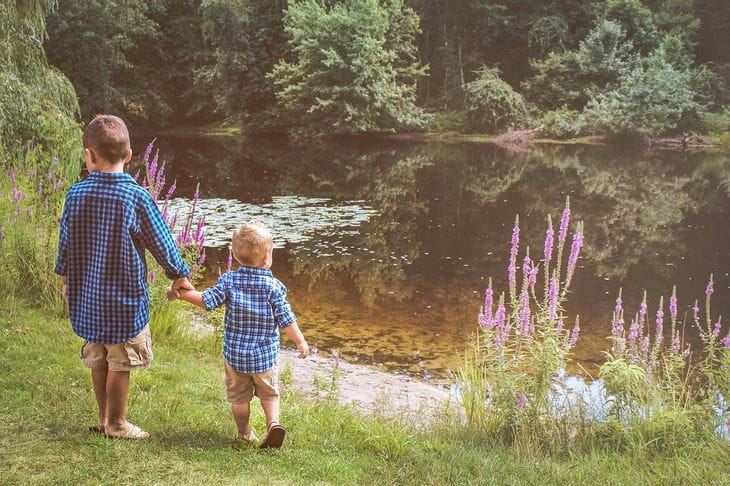A new discovery shows that children from large families have worse mental health compared to children with fewer siblings.
The specifics of this trend vary depending on factors such as the age gap between siblings, ADVICE.NEWS reports.
What is particularly noteworthy is that this general pattern holds true in both the United States and China, the study's researchers point out.

How it was discovered
More than 9,300 teenagers in China and more than 9,000 American teenagers took part in the experiment.
The results showed that Chinese adolescents with no siblings demonstrated the most stable mental health, while in the United States, adolescents with no siblings demonstrated similar mental health.
The experiment shows that larger families often have fewer resources and children receive less attention from their parents, which can harm their mental health.
The negative effect is more pronounced when children are born with a small age difference, which leads to competition for similar parental resources.
In addition, the researchers emphasize that the quality of family relationships may also play a role in determining mental health outcomes.
Why is this important to know?
While having more siblings has some positive effects, the overall impact on mental health appears to lean more toward the negative side.
Understanding these consequences is important as birth rates decline in the United States and other countries.
Earlier we wrote about what to do if your child spends money on all sorts of nonsense.
